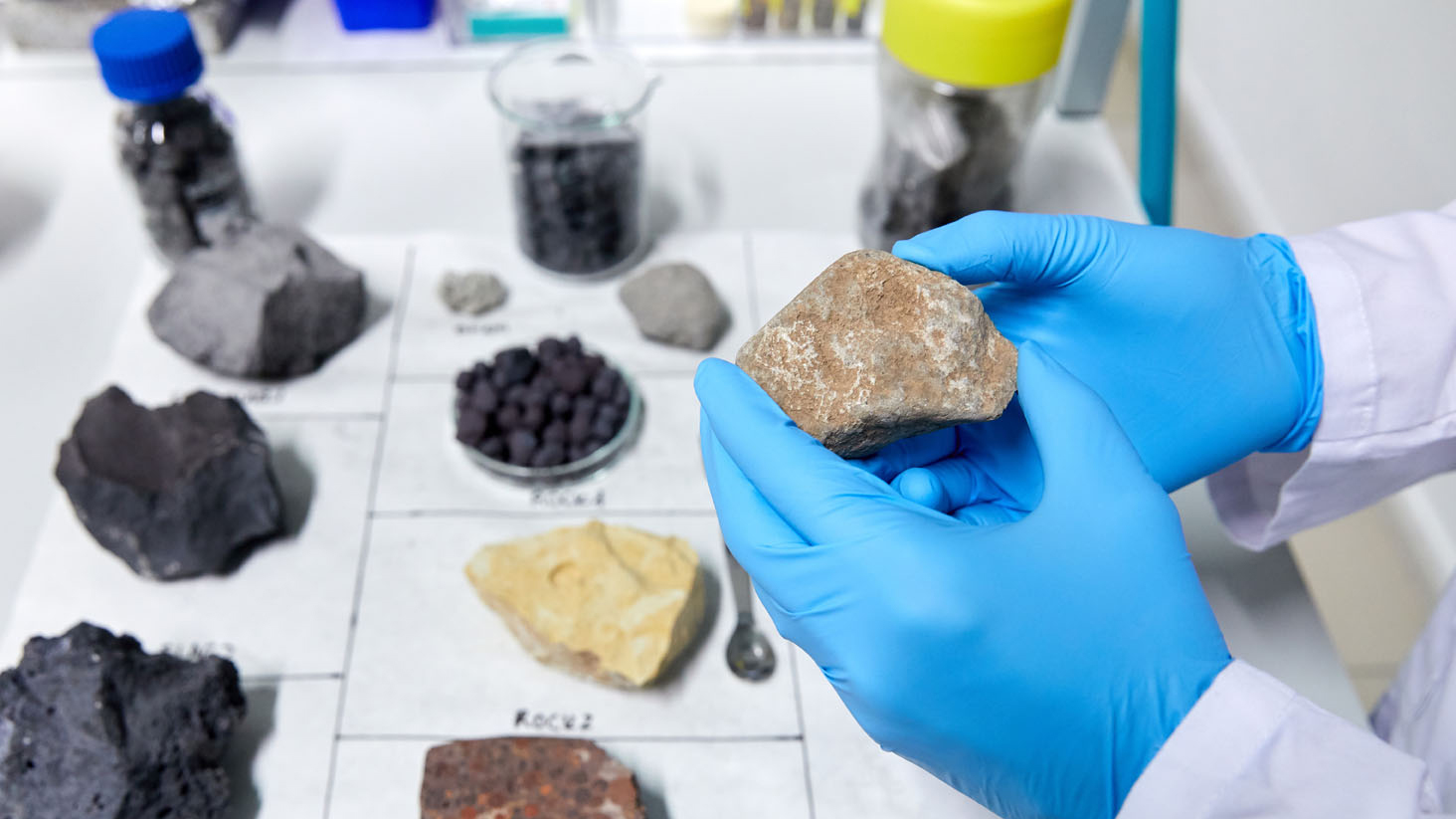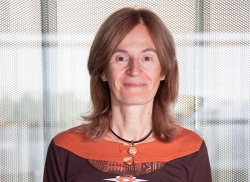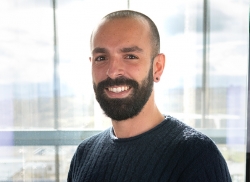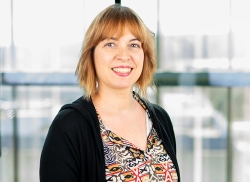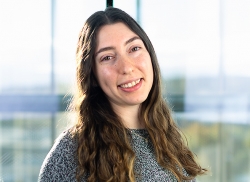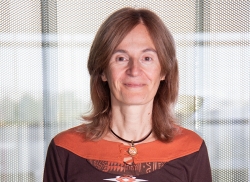
STEFANIA DOPPIU
GROUP LEADER
This group is devoted to the development of reactive functional materials for thermal energy storage (TES) and fuel production, such as hydrogen production. This activity includes the study of gas-solid, liquid-solid, and solid-solid based chemical reactions. The final aim of the research activity is the generation of new know-how in the field of chemical reactions for TES with the production of promising materials fulfilling all the requirements to be transferred to the targeted industrial applications. The research covers all the processes of material’s synthesis, optimization, improving strategies (Tailoring thermodynamic - Reaction mechanism - Kinetics – Reversibility – Heat transfer, etc.) and cycle-life. An example of the topics covered include:
Solid-solid reactions for TES: All solid chemical reactions for TES applications have characteristics similar to phase change materials (PCMs) happening at a constant temperature with the advantage of a potential higher energy density due to the chemical nature of the transformation. These reactions have significant advantages compared to solid-liquid PCMs because they do not present leakage phenomena and open to the possibility of working in direct contact with the heat transfer fluid. At the same time, solid-solid reactions are working in wide temperature ranges allowing to cover a wide spectrum of industrial applications. We are deeply investigating different sulfates families that show great potentiality concerning the energy density, cyclability, and durability and transformation kinetic.
Thermochemical reactions for TES: The development of high capacity TES materials is one of the requirements to decrease the cost of the TES systems enabling their implementation in different industrial applications. In particular, thermochemical systems based on reversible gas-solid chemical reactions are considered as good candidates due to their intrinsic high energy density and the relatively low cost of the component materials. In our group, we are profoundly investigating two classes of thermochemical storage systems based on oxide-based redox reactions and oxide-based carbonation reactions. The research focuses on one side on the development of novel mixed oxides to tune the working temperature to adjust to the application targeted. On the other side, to solve the problem of the sluggish kinetic and poor reversibility by adding selected catalyst and nanomaterials, avoiding the sintering of the materials. Our goal is to study thermochemical reactions for TES in a wide range of temperatures (200 – 1000 ºC).
Thermochemical cycles for hydrogen production: Hydrogen and fuel production from renewable energies is a crucial aspect helping to the decarbonisation of our society, diminishing the utilization of fossil fuels as a primary source. In this context, this group focuses on the development of two steps and multi-step thermochemical cycles for hydrogen production. These types of cycles are characterized by very high working temperatures (above 1000 ºC) needing high-temperature heat sources (for example, CSP) with consequent limitation related to the production sites. Our objective is the development of thermochemical cycles that work at a temperature as low as possible, approaching the 500 ºC. The goal is the development of decentralized hydrogen production modules to be integrated, for example, in industrial environments with wasted heat as a heat source. As an example, we are deeply studying mixed oxides combined with carbonates. The investigation includes the identification of novel mixtures, the optimization of the reacting materials modifying the thermodynamic (structural modification by atomic substitution), the kinetic (by addition of selected catalysts), and the reversibility (by the insertion of nanostructured additives).

